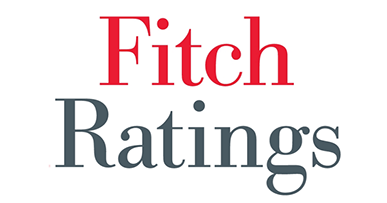A recent report from Fitch Ratings shows the rating agency is expecting Tokio Marine Holdings, MS&AD Insurance Group Holdings and SOMPO Holdings to reserve fewer COVID-19 related claims.
 This is due to their overseas subsidiaries tightening underwriting and narrowing policy wording in regards to any event cancellation and business interruption.
This is due to their overseas subsidiaries tightening underwriting and narrowing policy wording in regards to any event cancellation and business interruption.
Major European reinsurers, which are the peers of the overseas subsidiaries of the Japanese non-life groups, booked fewer pandemic-related claim reserves in 3Q20 than in 2Q20, suggesting claim growth will slow in the nine months to the financial year ending March 2021.
The majority of pandemic-related claim costs stem from the non-life groups’ overseas businesses and Fitch expects these to remain smaller than claims for domestic weather-related losses.
Japan’s three non-life insurance groups increased claims reserves related to COVID-19 in their First half of its financial year (1HFYE21) results, announced last week, but actual claims received have so far been limited.
The majority of added claim reserves are linked to surety and trade insurance, as the non-life groups expect a slow economic recovery, in addition to event cancellation and business interruption.
Japanese non-life groups consolidated the January-June 2020 results of their respective overseas subsidiaries into their 1HFYE21 results. Domestic non-life businesses remained resilient in 1HFYE21.
The top-four non-life insurers under the three non-life groups which include, Tokio Marine & Nichido Fire Insurance Co with an Insurer Financial Strength as Stable, Mitsui Sumitomo Insurance Company, Sompo Japan Insurance and Aioi Nissay Dowa Insurance Co continued to benefit from lower claim costs and smaller weather-related loss events compared with those incurred over the past two years.
Net premium written declined by 1.5% yoy in 1HFYE21, due to higher reinsurance costs, cushioned by improved pricing.
Non-life insurers expect their FYE21 combined ratio, measured on an earned-to-incurred basis, excluding compulsory auto-liability and residential earthquake insurance, to be 94% on average, down from 97% in FYE20.
The economic solvency ratio of the three non-life groups improved by end-September 2020 from March 2020, on better market conditions and, to a lesser extent, the accumulation of retained earnings.
The three non-life groups continued to reduce exposure to domestic stocks, which is the largest source of the risk under Japan’s new capital regime, which is scheduled to be implemented from 2025.


